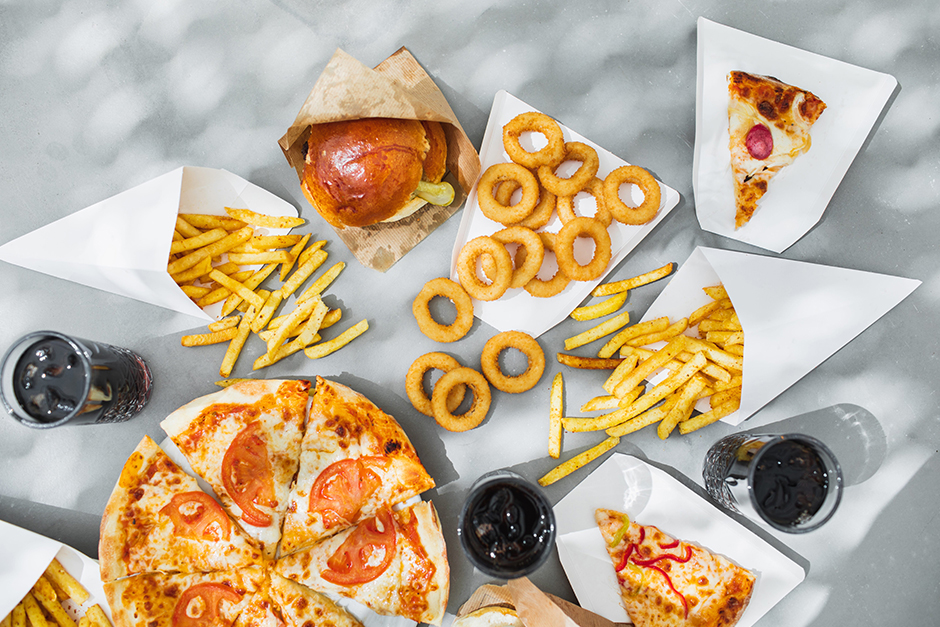In our fast-paced world, convenience often wins the day. From quick-fix breakfasts to ready-to-eat dinners, our supermarket shelves are brimming with foods designed for ease and speed. But beneath the shiny packaging and alluring promises, a silent crisis is unfolding. Experts worldwide are now sounding a resounding alarm: ultra-processed food (UPF) isn’t just a dietary choice, it’s a global health threat of unprecedented scale.
The Deceptive Allure of Ultra-Processed Foods
So, what exactly are ultra-processed foods? We’re not just talking about food with a few ingredients or a simple processing step. UPFs are industrial formulations primarily made from ingredients derived from foods, but rarely used in home cooking – things like high-fructose corn syrup, hydrogenated oils, modified starches, and a host of artificial flavors, colors, and emulsifiers. Think sugary cereals, packaged snacks, instant noodles, sodas, frozen pizzas, and many ready-made meals. They’re designed to be hyper-palatable, cheap to produce, and have an incredibly long shelf life, making them irresistible and ubiquitous.
The problem isn’t just the occasional indulgence; it’s the sheer volume and dependency. These products now dominate the diets in many countries, particularly where they are easily accessible and heavily marketed. They’re engineered to bypass our natural satiety signals, encouraging us to eat more without feeling truly nourished. This constant overconsumption, driven by cleverly formulated tastes and textures, is a significant part of why health professionals are so concerned.
Beyond the Calories: A Cascade of Health Risks
The impact of a diet rich in UPFs goes far beyond simply “empty calories” or weight gain, though obesity is a major concern. Research increasingly links high UPF consumption to a staggering array of health issues. We’re seeing a global rise in chronic diseases like type 2 diabetes, heart disease, and hypertension. But the alarm bells are also ringing for connections to certain cancers, non-alcoholic fatty liver disease, and even mental health disorders like depression and anxiety.
Why are they so detrimental? It’s not just the high sugar, salt, and unhealthy fat content. UPFs often lack fiber, vitamins, and minerals essential for gut health and overall well-being. The industrial additives themselves, and their interaction within our bodies, are areas of ongoing concern and research. As Sarah Jenkins, a public health nutritionist, recently shared, “We’re seeing evidence that it’s not just about what’s missing in these foods, but what’s added that can disrupt our metabolism and gut microbiome. It’s a complex puzzle, but the picture emerging is clear: our bodies are not designed to thrive on these industrial concoctions.” The sheer processing of these ingredients changes their structure, making them easier to digest quickly, leading to rapid blood sugar spikes and less satisfaction.
Taking Back Control: Informed Choices for a Healthier Future
The scale of the UPF problem can feel overwhelming, but individual and collective action can make a difference. The first step is awareness. Understanding what constitutes an ultra-processed food empowers us to make more informed choices. Start by reading ingredient labels: if a product contains ingredients you wouldn’t typically find in a home kitchen, or a long list of unfamiliar names, it’s likely ultra-processed.
Prioritizing whole, unprocessed foods – fresh fruits, vegetables, legumes, whole grains, and lean proteins – is paramount. While convenience is often a driver for UPF consumption, simple meal preparation and cooking at home, even in batches, can significantly reduce reliance on these products. Advocating for clearer labeling, healthier food environments, and policies that promote access to nutritious, affordable whole foods are also crucial steps in tackling this global challenge. It’s a journey, not a sprint, but every step towards a less processed diet is a step towards better health for ourselves and the generations to come.
The alarm has been sounded. Now it’s up to us to listen and transform our plates for a healthier future.




